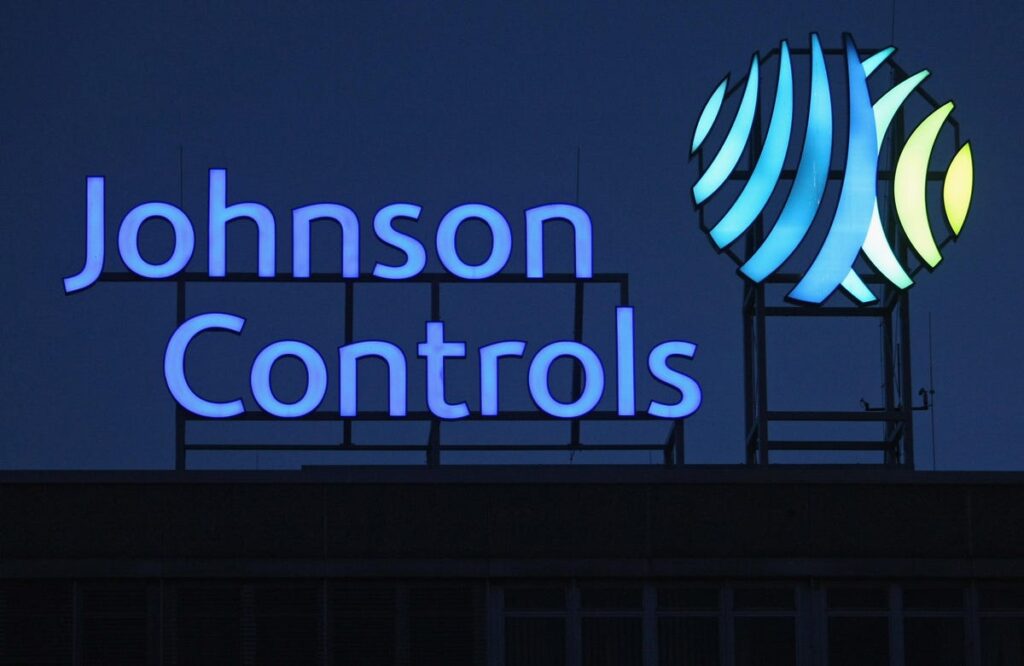Magna International – Manufacturing Vehicle Parts For Renowned Automakers.
Magna International is the largest manufacturer of original equipment vehicle parts in North America. It creates automobile systems, components, modules, and assemblies that are sold to a variety of automakers, including General Motors, Ford Motor Company, FCA, Mercedes, BMW, Volkswagen, Tesla, Toyota, and Tata Motors.
About The Company
Magna International is a Candian company that produces automobile parts. In 2020 it was listed on the Forbes Global 2000 and is one of Canada’s biggest corporations. The company has appeared continuously in the Fortune Global 500 rankings for 20 years in a row since 2001. The company’s head office is in Ontario, Canada. Magna is controlled by a corporate charter that provides for the transfer of profits to the company’s shareholders and employees. Frank Stronach, the company’s founder, described the provisions of this agreement as a “fair enterprise system.”
History
Frank Stronach established Multimatic Investments Ltd. in a Toronto tool and die rental garage in 1957. In 1959, it signed its first deal with General Motors for metal solar interior brackets The company had eight plants operational by the late 1960s. Stronach merged aerospace, defense, and industrial components manufacturer Magna Electronics Corporation with Multimatic Investments to bring the company public in 1969. The combined company was renamed Magna International in 1973. Magna International divested its defense and aerospace operations in 1981 so it could concentrate on the automobile sector. The 1990s saw it spreading into Asia and decentralizing large systems into separate, publicly traded companies. In 2005, Magna started designing automobile rear-view cameras for Hummers on its assembly line in Michigan even though they were not yet mandated by the government. It was among the first companies to create rear view cameras for automotive manufacturers, and by 2007, it had a deal for 350,000 units. In August 2015, the company sold Grupo Antolin its interiors division, which included instrument and door panels, overhead systems, and freight management components. In 2018, the company collaborated with Lyft to provide high-tech kits that convert automobiles into self-driving cars.

Acquisitions
Magna International declared in 2002 that it had signed a deal with DaimlerChrysler to buy the Austrian company’s Eurostar Automobilwerk division. In September 2004, Magna acquired eighty percent of New Venture Gear and consolidated it with Magna Powertrain. In 2007, it acquired complete ownership, and the business was shut down in August 2012. In November 2005, Magna acquired CTS Fahrzeug-Dachsysteme, a manufacturer of foldable roofs, from Porsche. Magna paid $1.9 billion in July 2015 to acquire Getrag, a German business that was among the biggest providers of automobile transmissions globally. The acquisition increased the Chinese market’s potential for growth. In 2018, the business purchased the German motion-based software developer Haptronik GmbH, the Italian automotive lighting maker OLSA S.p.A., and the Spanish automotive seating firm Viza Geca SL. It collaborated with Innoviz Technologies to make solid-state lidar for BMW Group’s autonomous vehicles. In January 2022, Boston-based firm Optimus Ride was acquired by Magna.
Technology
In the course of its history, Magna International has collaborated with automakers to advance vehicle safety and technology, developing advanced driver assistance systems (ADAS), lane departure warning systems, blind-spot detection, as well as smart mobility seating systems like minivan seats that stow into the floor. The organization is the third-biggest auto parts supplier globally and the largest in North America. It creates tailored computing for fully automatic driving systems using mobility technologies. In 2018, it unveiled autonomous emergency braking technologies and an Icon radar system to assist automakers in achieving Level 5 autonomy.
Founder – Frank Stronach
One of the biggest providers of automobile systems and components worldwide, Magna International Inc., was founded by Frank Stronach. With its headquarters in Ontario, Magna employs over 158000 employees across 342 manufacturing facilities in 27 different nations.
CEO – Seetarama Kotagiri
Swamy Kotagiri is the sole representative of management on the board and the CEO of Magna. He provides vast experience and knowledge of the automotive business and has worked in the field for more than 30 years, including 21 years with Magna.

I am a law graduate from NLU Lucknow. I have a flair for creative writing and hence in my free time work as a freelance content writer.
